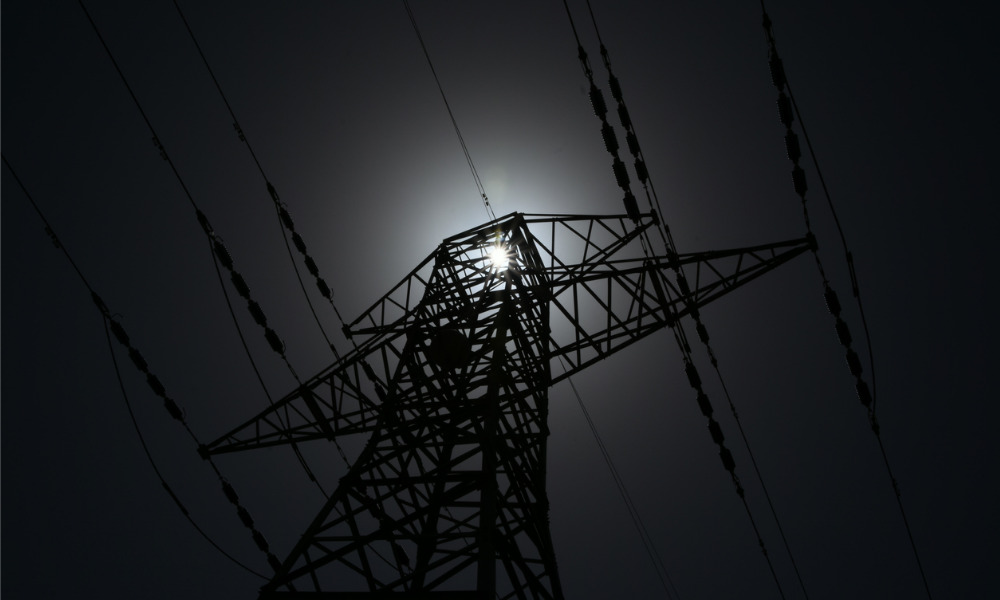
The state’s Supreme Court will deliberate on the legal immunity of the state’s power grid operator

The recent power outage in Texas has sparked several lawsuits against state power grid operator Electric Reliability Council of Texas (ERCOT).
Millions of Texans experienced rolling blackouts for several days during a heavy winter storm last week. Many parts of the state were placed under boil water notice, and more than 48 people died as a result of the storm – some from cold exposure, reported the Houston Chronicle.
Houston attorney Tony Buzbee filed a US$100m suit over a young boy’s death against ERCOT and energy company Entergy Texas on Saturday. The suit referenced hypothermia as the suspected cause of death for 11-year-old Cristian Pineda, and claimed that the blackouts contributed to Pineda’s death. Dallas firm Fears Nachawati also brought a suit against ERCOT and utility company American Electric Power claiming damage to property and the interruption of business as a result of the blackouts.
However, ERCOT, a private nonprofit company managed by the Texas Legislature and the Public Utility Commission, is under sovereign immunity, a legal principle which shields government agencies from legal action. According to the Chronicle, ERCOT is the sole grid manager in the US protected in this manner.
This immunity could be taken away with a decision from the Texas Supreme Court, which is expected to make a judgment on a legal battle between ERCOT and Dallas-based energy company Panda Power. The court’s ruling on the case could decide whether ERCOT remains under sovereign immunity, or if it can now legally be held accountable for damages resulting from events like the power outages.
Such lawsuits could “cripple” ERCOT, according to the agency. ERCOT is not funded by taxpayers, and said in court filings that sovereign immunity was necessary since it is sustained by the transaction fees from power generators. The lifting of immunity would result in ERCOT having to spread costs across these generators, which ultimately leads to increased electricity prices for consumers.
“The goal of sovereign immunity is for the government to function in risky situations without having to fear a barrage of lawsuits. For people who are unhappy about this, they’re going to have to find some solace in regulatory reform or find a different entity to direct their lawsuit toward,” Brandon Rottinghaus, a University of Houston political science professor, told the Chronicle. “A lot of people are looking for some kind of justice and can’t get it. Suing the government is a high-risk enterprise. As the adage goes, you can’t fight City Hall.”
Rottinghaus pointed out that the court is unlikely to rule against ERCOT; however, political pressure could push justices – especially those seeking re-election in Texas – to call for accountability from the agency in relation to the power outage and its fallout.
“The political rhetoric around ERCOT and the weather emergency has embraced transparency and accountability,” he said. “A ruling that holds ERCOT immune from such lawsuits may run against that. It could be a political liability.”